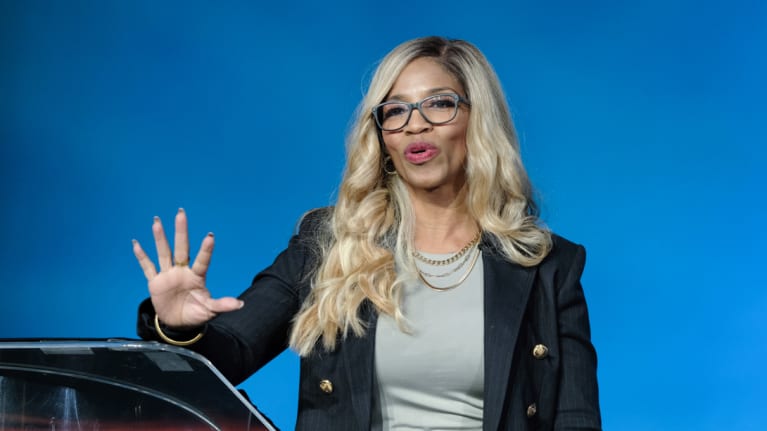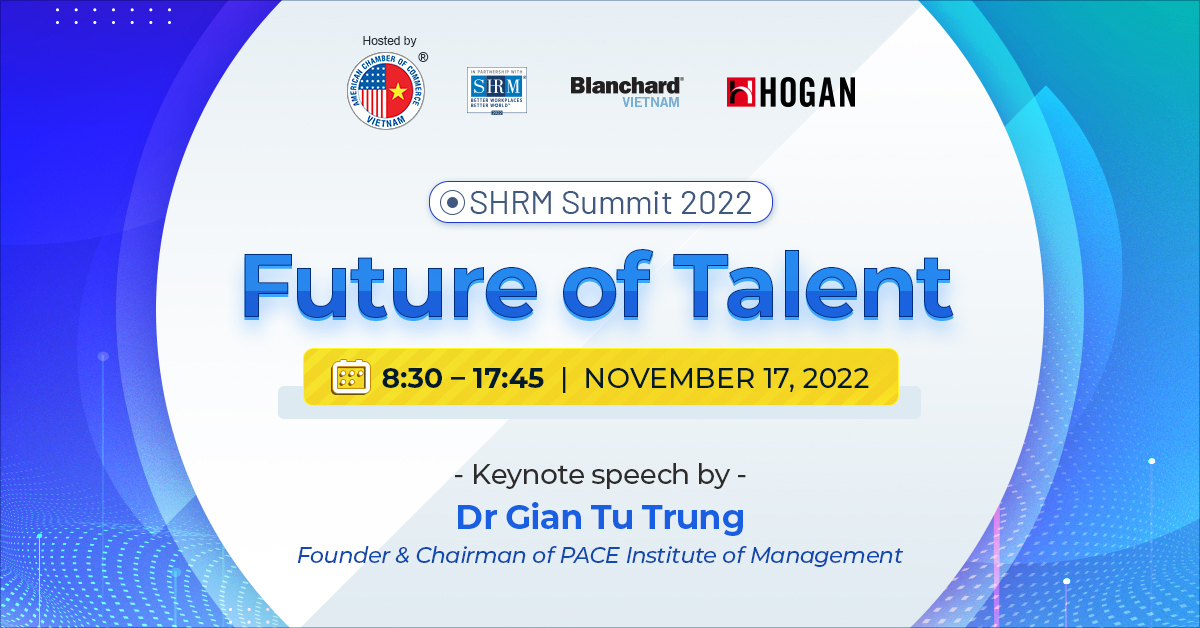HOW TO LEAD FROM WHERE YOU ARE
f you believe leaders must be outgoing, success-driven and positioned at the top of the corporate ladder, it’s time to update your thinking.
Today’s leaders often are reserved, are energized by failure and have roles all over the organizational chart. While they are powerful, their strength and influence come from the inside out—not the other way around.
We live in a world where “traditional authority has less and less currency, where prescribed roles are less and less relevant,” according to Polly LaBarre, founding member of Fast Company magazine. Technological advances and demographic changes have accelerated the speed of business to the point where bureaucratic top-down leadership models no longer work very well.
While not all leaders have accepted that fact, opportunities to lead are available to anyone willing to step up and take them.
“We have got to get around this bias in business that says big change comes from big leaders. The most world-changing innovation often starts very small,” said LaBarre, one of several business leaders and consultants who shared insights and advice on how to be an effective change leader at the SHRM 2017 Leadership Development Forum in October.
As you set your goals for the new year, here are some tips to keep in mind to help you succeed as a leader:
Accept failure. “Innovation is a numbers game,” LaBarre said. The pace at which your organization moves forward is a function of how many options you can generate or how many experiments you can run. And experiments, by their very nature, sometimes end in flops and failures.
“For every Amazon Web service that is eating the world, you’re going to have an [unsuccessful] Amazon Fire Phone,” LaBarre said. In fact, Amazon CEO Jeff Bezos himself described his company as the “best place in the world to fail.”
“Have you ever heard a CEO brag that failure is its core competence?” LaBarre asked.
Entrepreneur Sarah Robb O’Hagan said getting fired from her role as director of marketing at Virgin Atlantic was one of the best things that happened to her career. That’s because the experience shaped how she approached her dream job—with Nike—when it finally came along.
“My failures taught me the humility that was deeply needed to succeed in the right environment,” said the author of Extreme You (HarperBusiness, 2017) and CEO of Flywheel Sports in New York City.
Embrace who you are. Self-knowledge is critical. One of the biggest mistakes introverted leaders make is attempting to be people they’re not, said Jennifer Kahnweiler, author of Quiet Influence: The Introvert’s Guide to Making a Difference (Berrett-Koehler Publishers, 2013).
If you’re an introvert, stop trying to be an extrovert. Leverage the strengths you already have, which include being a good listener, being thoughtful in your work and cultivating one-on-one relationships, Kahnweiler said.
Build relationships early. Don’t wait until you’re looking for a win to try to be a team player. “Whenever I get started at a new organization, I make it my business to determine who the key players are,” said Natasha Bowman, founder of the coaching company Performance Renew in New York City. She then asks to get on their calendar. “Most people love to talk about themselves, so they’ll make it happen.”
Question everything. “Questions are a powerful antidote to hubris,” LaBarre said. “Someone who goes around opened up by questions will get more perspectives than someone closed down by certainty.”
Ask yourself and others: What if we threw out the rule book? If you had my job, what would you do?
Find people who challenge you. Studies show that including team members who play devil’s advocate and question the status quo will spark creativity and innovation, said Stacy Kesten, a consultant for Integrated Leadership Systems, based in Westerville, Ohio.
Take initiative. If there’s something you want, speak up.
“You will get a whole lot of respect … when you are the one who makes that first move,” Bowman said, even if your proposal isn’t accepted. “Be that person who people have reverence for.”










